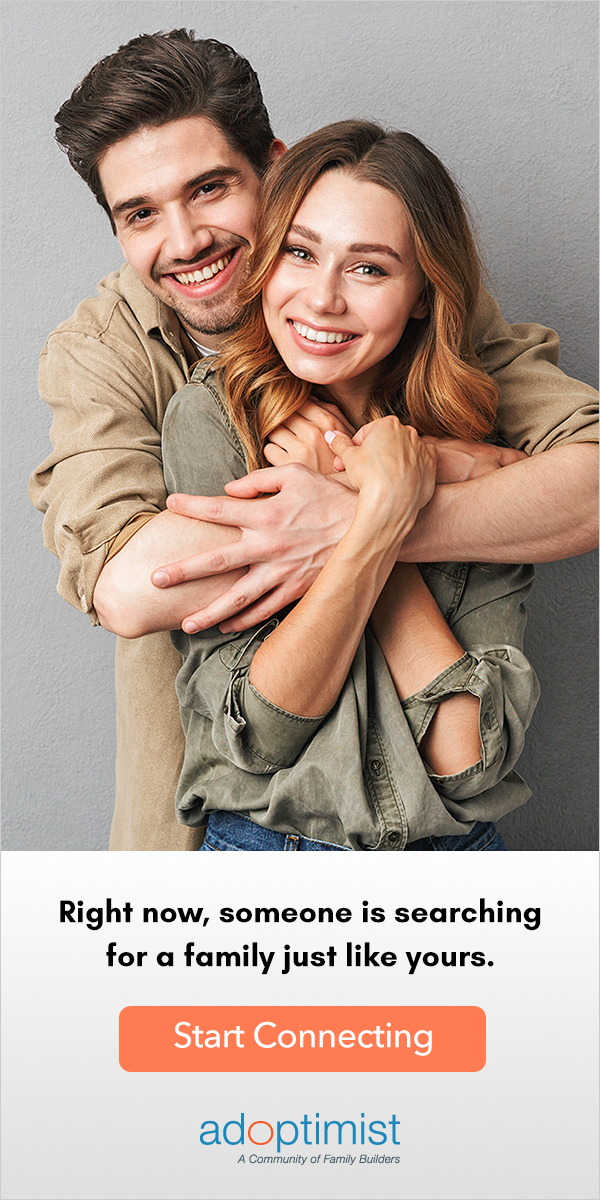Domestic Adoption

Domestic adoption is the process of adopting a child from the country in which you live. In the United States, adoption is controlled by state specific laws. In other words, every state has its own law so what is legal in one state, may not be legal in another. Before a prospective adoptive family begins the process, they need to know which type of domestic adoption they would like to pursue.
The two main types of domestic adoption are:
- Infant adoption (agency or attorney)
- Foster care (typically older child adoption)
With either type of domestic adoption, adoptive families are required to complete a home study by a licensed adoption agency. The purpose of the home study is to educate, prepare and evaluate the adoptive family to make sure there is a good match between a child’s needs and the family’s ability to meet those needs.
If you adopt a child from another state, the Interstate Compact on the Placement of Children (ICPC) will apply. This is an agreement between states that spell out the requirements before a child is legally allowed to be brought into the adoptive family’s state.
Domestic adoption (infant adoption)
Infant adoptions are where a hopeful adoptive family wants to adopt a baby (typically a newborn). This process can involve many different adoption professionals, including domestic adoption agencies, adoption attorneys, facilitators, and consultants.
Each of these professionals can have different roles in the process. They can provide support and guidance to adoptive families, complete a home study, provide legal guidance, and help match an adoptive family with an expectant mother.
Most often, prospective adoptive families search for and connect with an expectant woman who is considering adoption. The expectant mother will choose the parents for their baby, and they will legally relinquish parental rights before placing their child with the adoptive parents.
Infant adoptions are most often considered open adoptions, meaning the adoptive family maintains some amount of contact with the birthmother after the placement of the child. There are a few situations where the adoption is considered a closed adoption, meaning there is no further contact between the adoptive family and the birthparents.
There is a wide range of cost for domestic infant adoptions. The range of $5,000 to $40,000+ can depend on many variables, such as agency fees, legal fees, advertising (finding a match with an expectant mother), travel to another state, home study fees, etc.
Domestic adoption (foster care)
Adopting from the foster care system involves children who are in the custody of their state department of child and family services. These adoptions involve domestic adoption agencies that have contracts with a state.
Children in the foster care system live temporarily with families who provide for their physical, emotional and social needs until the biological family can be reunited or a family can permanently adopt them.
Thousands of children are currently waiting to be adopted since their biological parents have already had their parental rights terminated. While adopting infants from foster care is rare, about 40% of the children are six years old or younger and the average age for waiting children is between 7 and 8.
Costs for adopting a child from foster care are typically very minimal – most cost nothing.
Which Type to Consider?
There are many options to consider before deciding which type of domestic adoption to pursue. Here are some questions to help in the decision process:
- Do we want to adopt a newborn?
- What age or age range of children would we prefer to adopt?
- Do we want to adopt a boy or girl, or does it matter?
- Can we adopt (physically, financially, etc.) from another state?
- Does the race of a child matter to us?
- What is our budget for adopting?
Additional information about domestic adoption can be found at:
